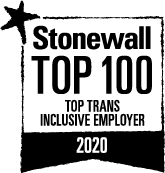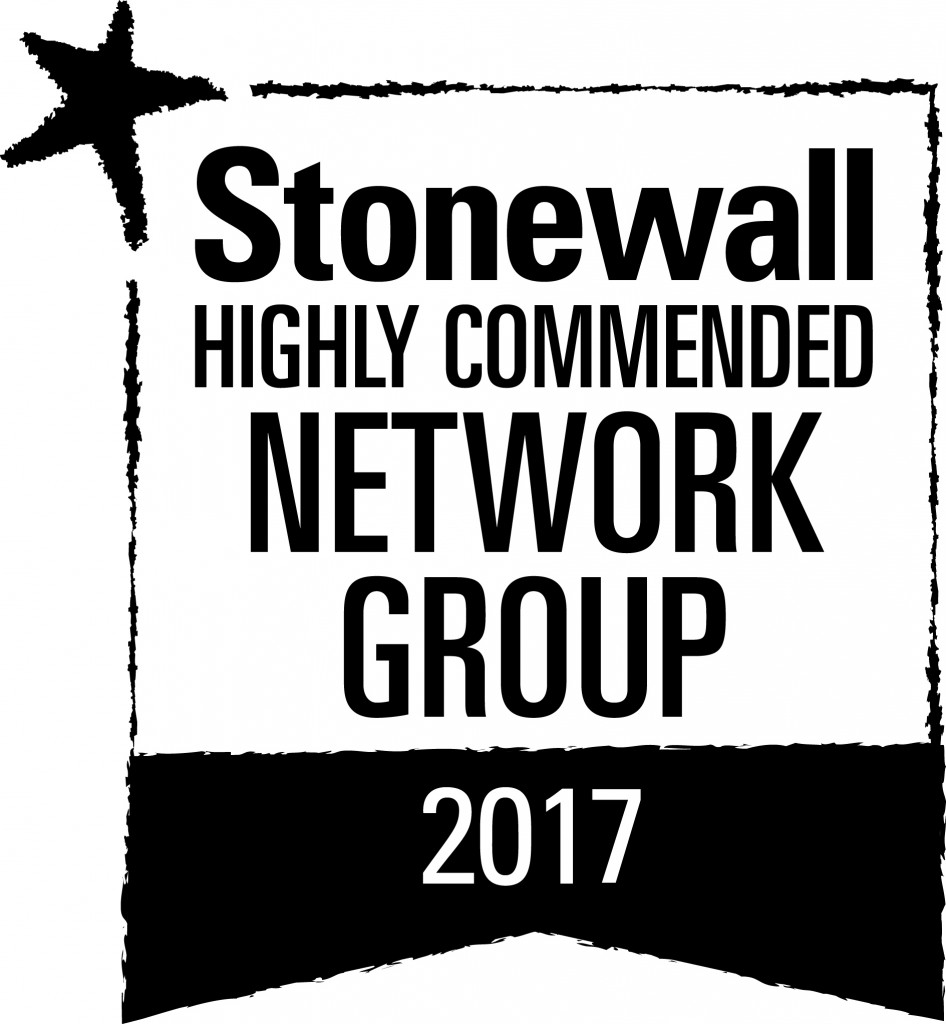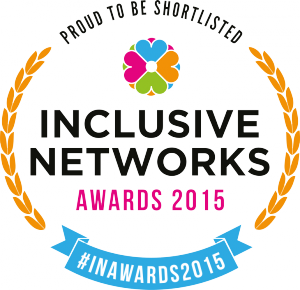I’ve been asked to write a blog about my experience of being LGBT at York St John, even though the last time I checked I was only “L”. So, here are some musings about being L at York St John.
I applied for a lecturing post at York St John in 2001 and I remember very clearly reading the information pack from HR. Specifically, I remember noting the comments about the Christian values of the college and reading with interest the equal opportunities statement which included the usual anti-discrimination statements.
Although I was brought up in a very strict Catholic community, I have been a non-believer since I was about 17 years old, and was rather hoping that I could be shortlisted without having to prove any ‘Christian values’ or without having those values tested at interview. Indeed, I thought hard about whether there were any potential conflicts between being LGBT and working in a Christian college (even one with an equal opportunities policy).
I didn’t need to worry, neither Christian values nor my sexuality came up in my interview. I did however indicate that I was in a relationship and that we were both committed to relocating from London to work in York, but I was careful to use the classic avoidance technique of referring to my partner (now wife) in gender-neutral language.
Arriving in York from a very politically correct (my Lancastrian wife would say unfriendly!) London, it took me a while to get used to being referred to as ‘love’ or ‘pet’ by the porters and cleaners, but I soon grew to love the Yorkshire friendliness.
However, with every new encounter and introduction, it was presumed that I was straight and I was asked about my husband/boyfriend. It’s hard to explain to people what this feels like, to dread every new encounter when you have to make the choice of whether to come out or not; the moment when you have to anticipate how that person will react. I know it shouldn’t matter and in 2016 it is easier (but still hard for many people), but knowing that there is an equal opportunity policy to back you up doesn’t help you deal with the day to day uncertainty about people’s reaction or how you imagine they might react.
So, initially I used gender neutral pronouns and I would sometimes correct people when they asked about my husband but eventually I just started talking about my wife by name. Not making a song and dance about it, just mentioning her name when discussing what we had done at the weekend.
I soon found out that there were other LGBT colleagues in my faculty who were also ‘out’, and just knowing that it was safe to be ‘out’, normalises everyone’s experiences. Sadly, there was one exception. A colleague, who felt that they were being helpful and supportive, took me to one side and warned me to be “careful” about being out with students. It was hard to know what to do with that advice at the time but fair to say I kept a wide berth from them from then on.
For many years, I did not make explicit reference to my sexuality with students; why would it be relevant and what does it have to do with my subject anyway? Yet straight colleagues and students ‘out’ themselves every time they talk about their husbands, wives, boyfriends, girlfriends. For them, talking about family members in general conversation is quite usual and not treated as a bold declaration of their sexuality. Yet for the LGBT community it is, but it’s just as important that we can talk about our boring, ordinary family lives.
Then three years ago, my wife and I were discussing the research from Stonewall about being out at work which shows that being authentic and happy in the workplace results in a more productive workforce and the fact that we all look for positive role models in life.
I realised that many of our students are the same age I was when I first came out, and I clearly remembered how important it had been to me being taught by an openly gay man in the early 1980s. I wondered if I could one day make it easier for someone else in the York St John community to be comfortable with who they are, simply by being authentic, honest and out.
So, I volunteered to give a diversity talk to the Occupational Therapy Society about LGBT issues, included a bit of a history lesson as it is easy to forget that many of our 1st year students were not born during the Thatcher years and certainly wouldn’t understand political issues such as Section 28.
For my students training to become occupational therapists, I had another agenda. During their careers, they will be working with young and older LGBT people, some of whom would be old enough to have lived through the times when male homosexuality was illegal. I told them that when I was training to be an occupational therapist homosexuality was included in textbooks on mental illness. I wanted my students to have an awareness of people’s history and life experiences and that as a 50 something, even I had lived through societal, medical and legal intolerance.
Despite that it is my job to stand up in front of a classroom and talk, I found myself shaking with nerves before that talk. As I walked down the stairs to the classroom, I nearly turned back and ran away, but I did it and it seemed to go down well. I am sure that, to the vast majority in the room, they couldn’t understand why I was so worried about giving that talk.
One student contacted me about a month later, really pleased with herself because she had taken on board what I had said about interviewing people and not presuming that people are straight. She had been on her practice placement, had interviewed someone and instead of asking if the woman had a husband, she had asked a more open question such as “do you have a significant other?” and the woman had replied with “yes – I have a girlfriend”. Result!
So if being “out” with my students has made a difference to at least one other person, it has been worth it, but my challenge is to continue those dialogues with colleagues and students, challenge their use of language and assumptions, and the more “out” I am, the happier I am.
So fourteen years later, in some respects, York St John is a very different place to work. We have a brilliant LGBT Staff Network; we have a Human Resources department and senior leadership team, for whom achieving a position in the Stonewall’s Top 100 Employers list is very important and all staff are encouraged to wear rainbow-coloured lanyards to demonstrate our commitment to inclusivity. Yet in other ways, it still is and hopefully will always be, that close-knit community in which everyone is respected and wants to do the best we can for our students and colleagues. Long may it continue.





